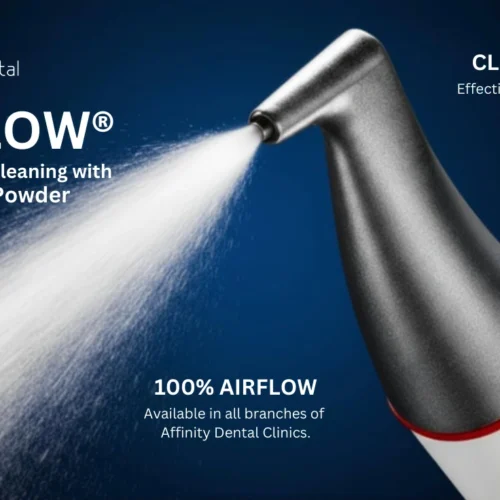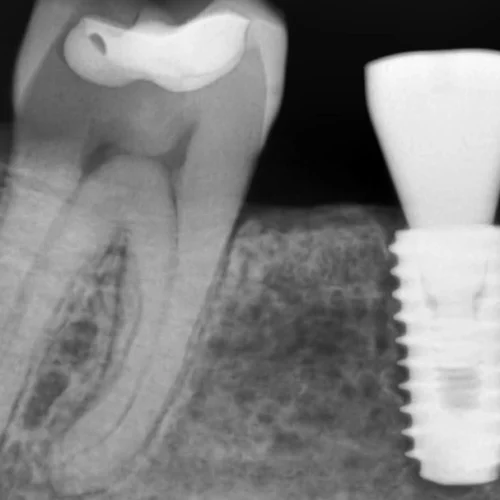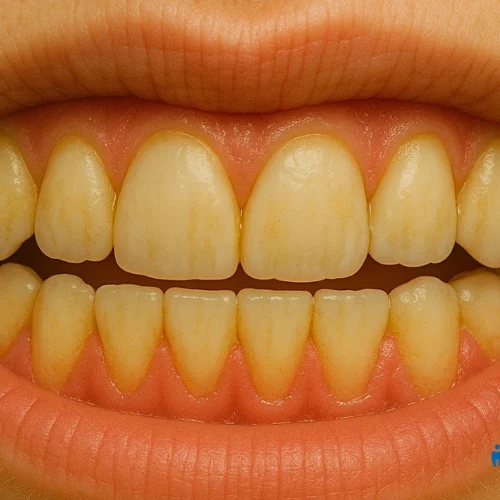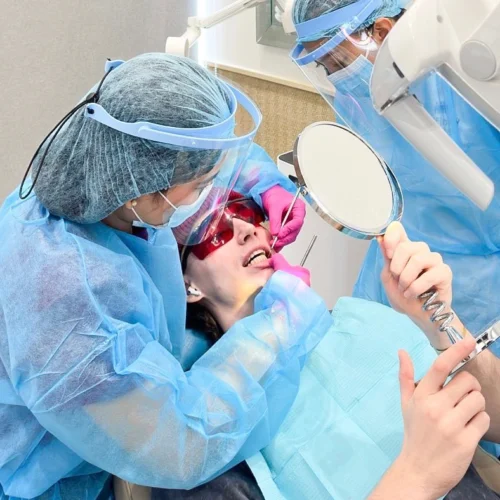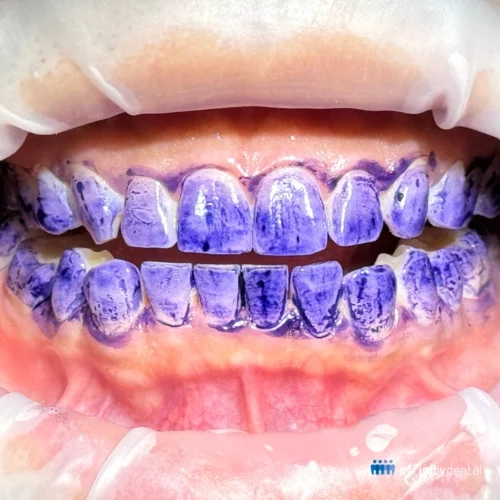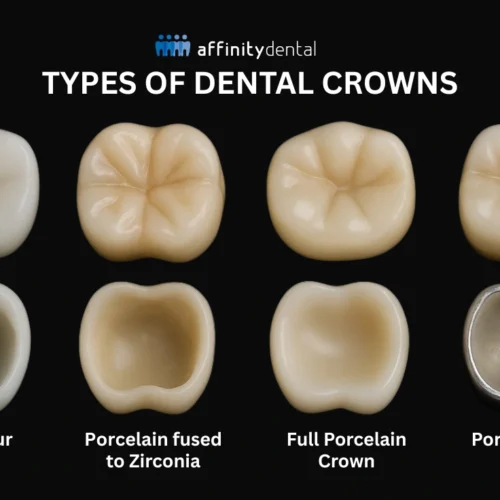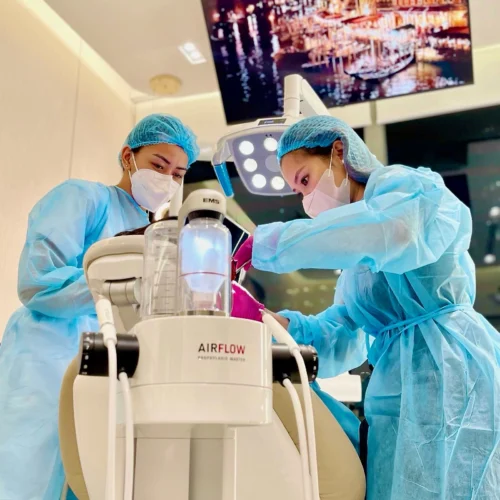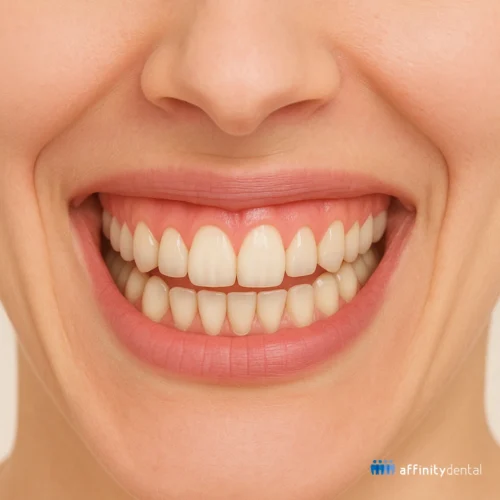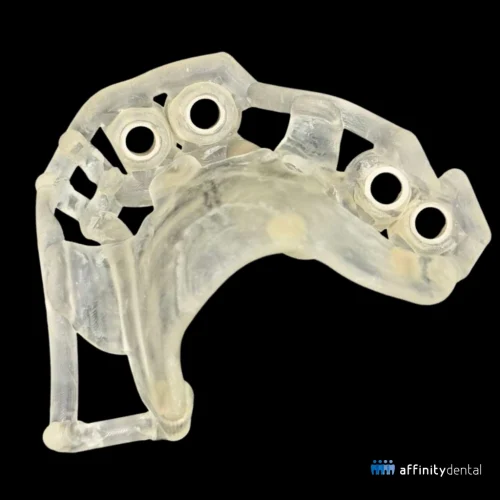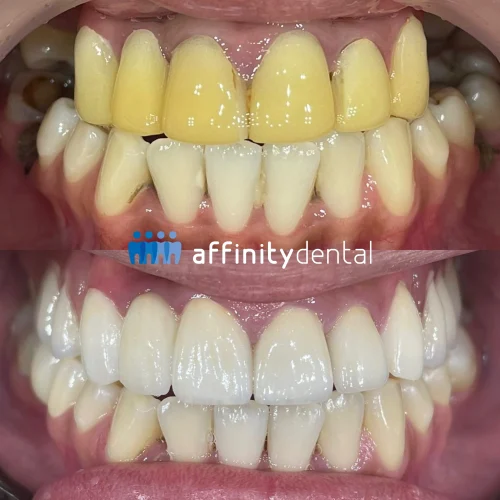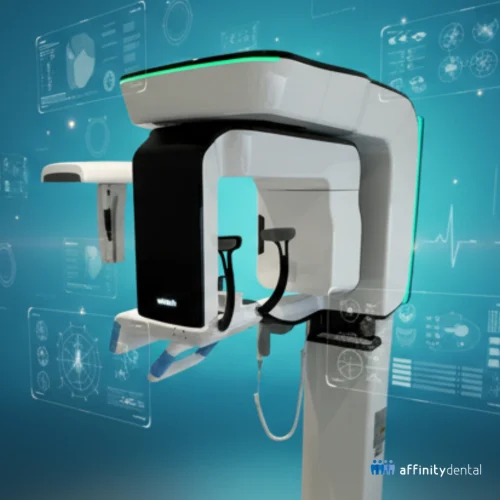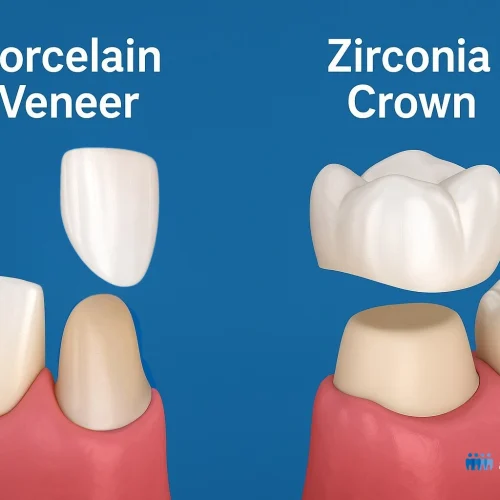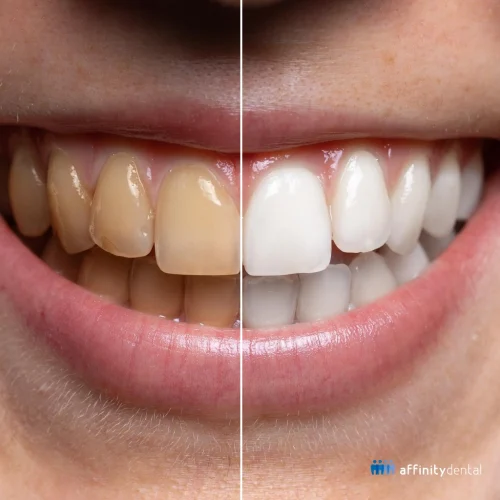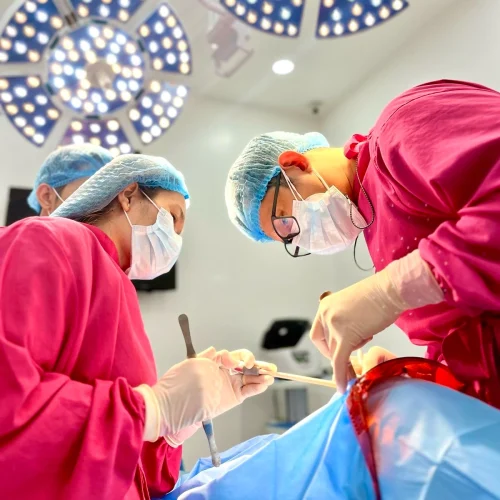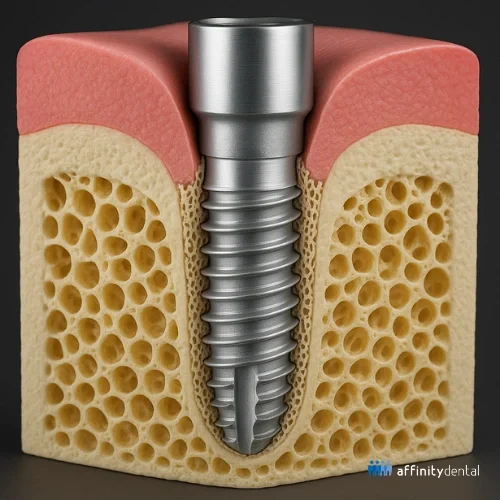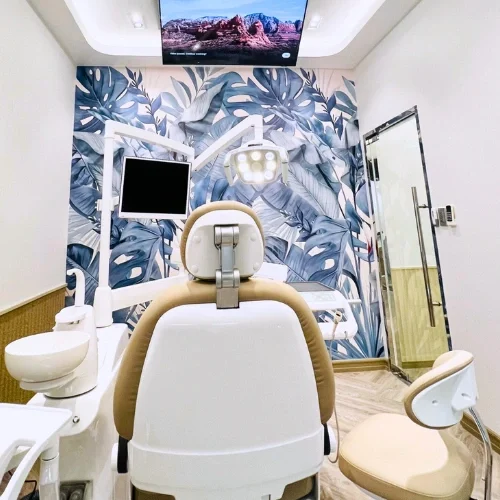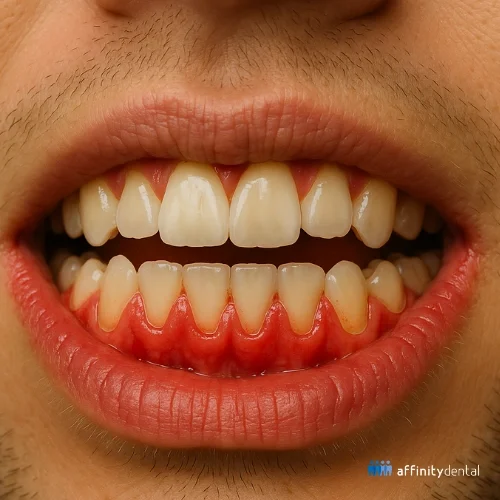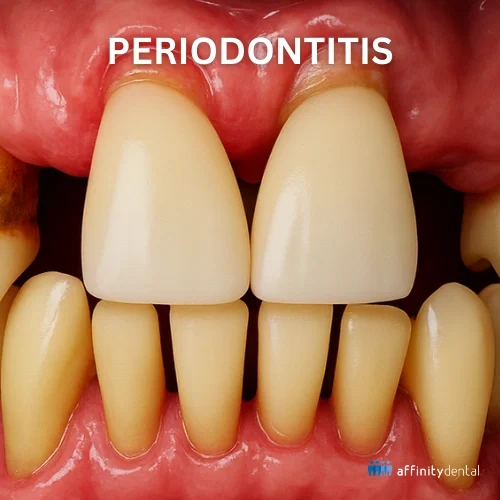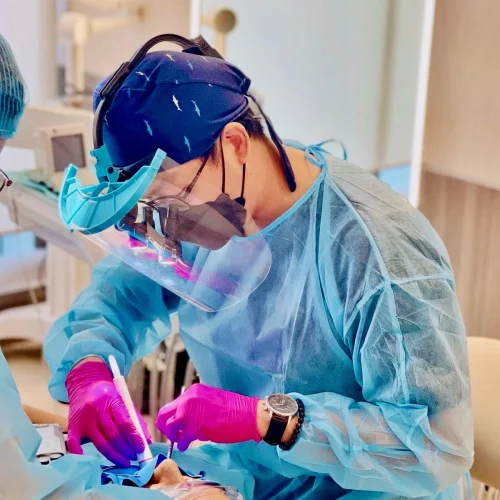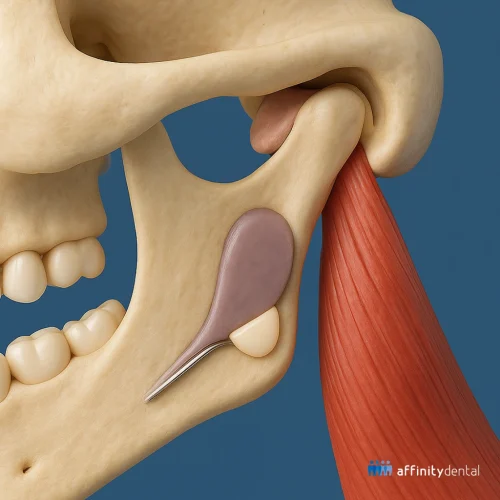Mini Dental Implants vs Dental Implants: Redeeming a Misunderstood Option
Introduction: When Minis Were Oversold
More than a decade ago, mini dental implants (MDIs) were widely marketed as a cheaper, faster alternative to conventional dental implants. Many patients were told they could achieve permanent results for a fraction of the cost. Unfortunately, in many cases, this wasn’t true.
Because minis were used in situations they were never designed for—such as replacing molars or supporting full bridges—patients experienced fractures, bone loss, and implant failures. Many of them ended up in clinics like Affinity Dental, asking for rescue treatment.
This misuse damaged the reputation of MDIs. But the truth is, the concept itself was not flawed—only the way minis were promoted and applied. Today, when used responsibly, they can still play a valuable role in dentistry.
This article will explore Mini Dental Implants vs Dental Implants, explain where each is appropriate, and share a case that illustrates how minis can still benefit patients when used correctly.
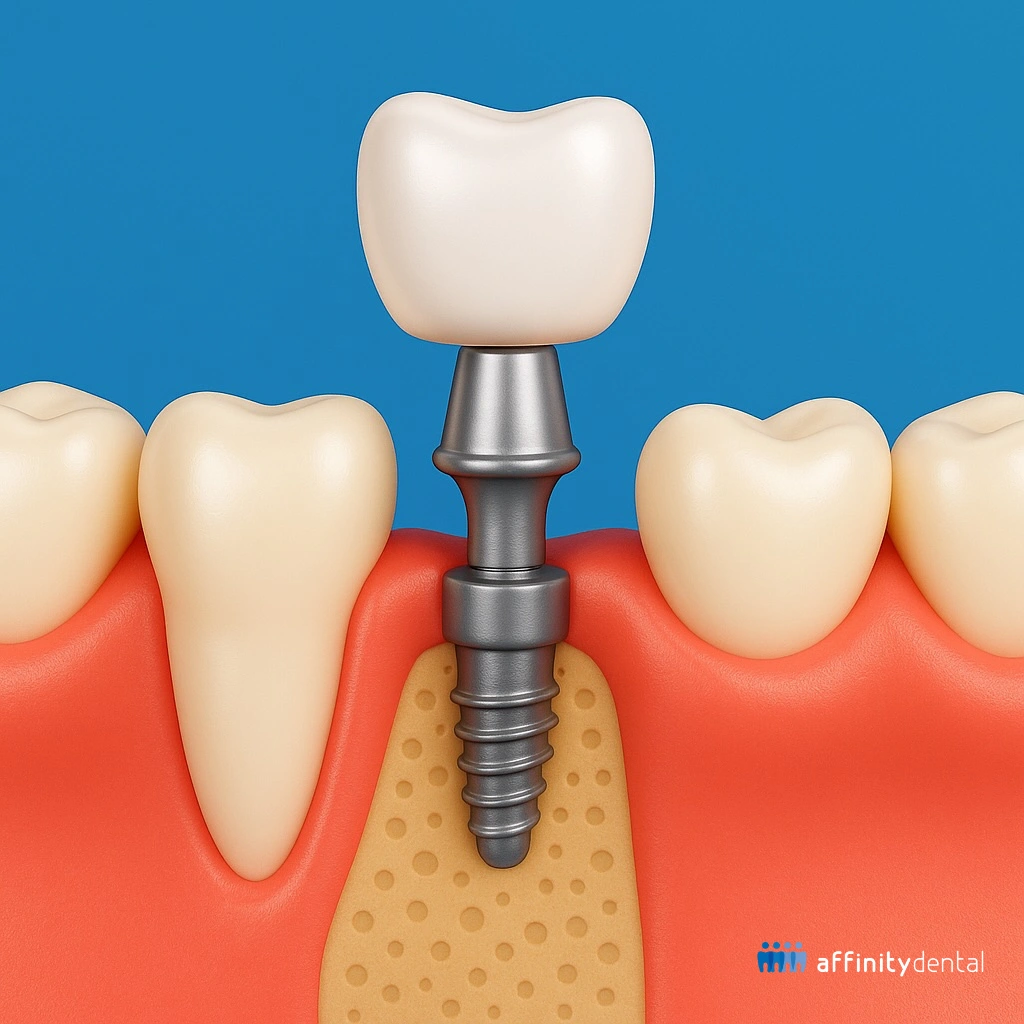
What Are Mini Dental Implants?
Mini dental implants are narrow, one-piece implants usually less than 3 mm in diameter, compared to 3.5–6 mm for conventional implants. Because of their smaller size, they can often be placed without bone grafting and with less invasive surgery.
They were originally intended for:
-
- Stabilizing dentures, especially in the lower arch
-
- Providing temporary support for prostheses while standard implants heal
-
- Patients with limited bone who are not candidates for grafting
They were never designed to serve as permanent replacements for full chewing function in areas with high bite forces.
Why Did Mini Dental Implants Fail in the Past?
The failures stemmed from misuse, not from the technology itself.
-
- Overselling minis as permanent implants. Patients were told minis could do the same job as standard implants, just at a lower cost.
-
- Wrong indications. Minis were placed in molar areas or for full arches where heavy load-bearing was needed.
-
- Lack of informed consent. Patients weren’t told about the limitations, lifespan, or risks.
-
- Insufficient training. Some dentists learned placement in short courses without proper case selection protocols.
The result? Fractures, loosening, bone loss, and failed restorations. These cases left patients frustrated, and the reputation of minis damaged.
Mini Dental Implants vs Dental Implants: The Key Differences
| Feature | Mini Dental Implants (MDIs) | Conventional Dental Implants |
| Diameter | <3 mm | 3.5–6 mm |
| Design | One-piece (implant + abutment combined) | Two-piece system (implant + abutment) |
| Strength | Less resistant to bite forces | Built to handle full chewing load |
| Best Uses | Denture stabilization, interim support | Single tooth, multiple teeth, full arches |
| Longevity | Limited; not intended as permanent solution | Long-term, permanent solution |
| Surgical Invasiveness | Minimally invasive | More extensive if grafting is needed |
| Cost | Lower upfront | Higher, but more durable long-term |
The bottom line: minis are not a substitute for standard implants. They are a supporting tool for specific situations, while conventional implants remain the gold standard for permanent tooth replacement.

When Mini Dental Implants Can Still Be Useful
Despite their controversial history, MDIs still have a rightful place in dentistry when applied ethically:
-
- Denture Stabilization Especially in the lower arch, minis can anchor a denture to reduce slipping and improve chewing ability.
-
- Patients with Limited Bone For patients unable or unwilling to undergo grafting, minis may provide a functional compromise.
-
- Elderly Patients Seniors who want stability without undergoing major surgery may benefit from minis, particularly for denture retention.
The key is transparency: patients must understand the limits of minis before deciding.
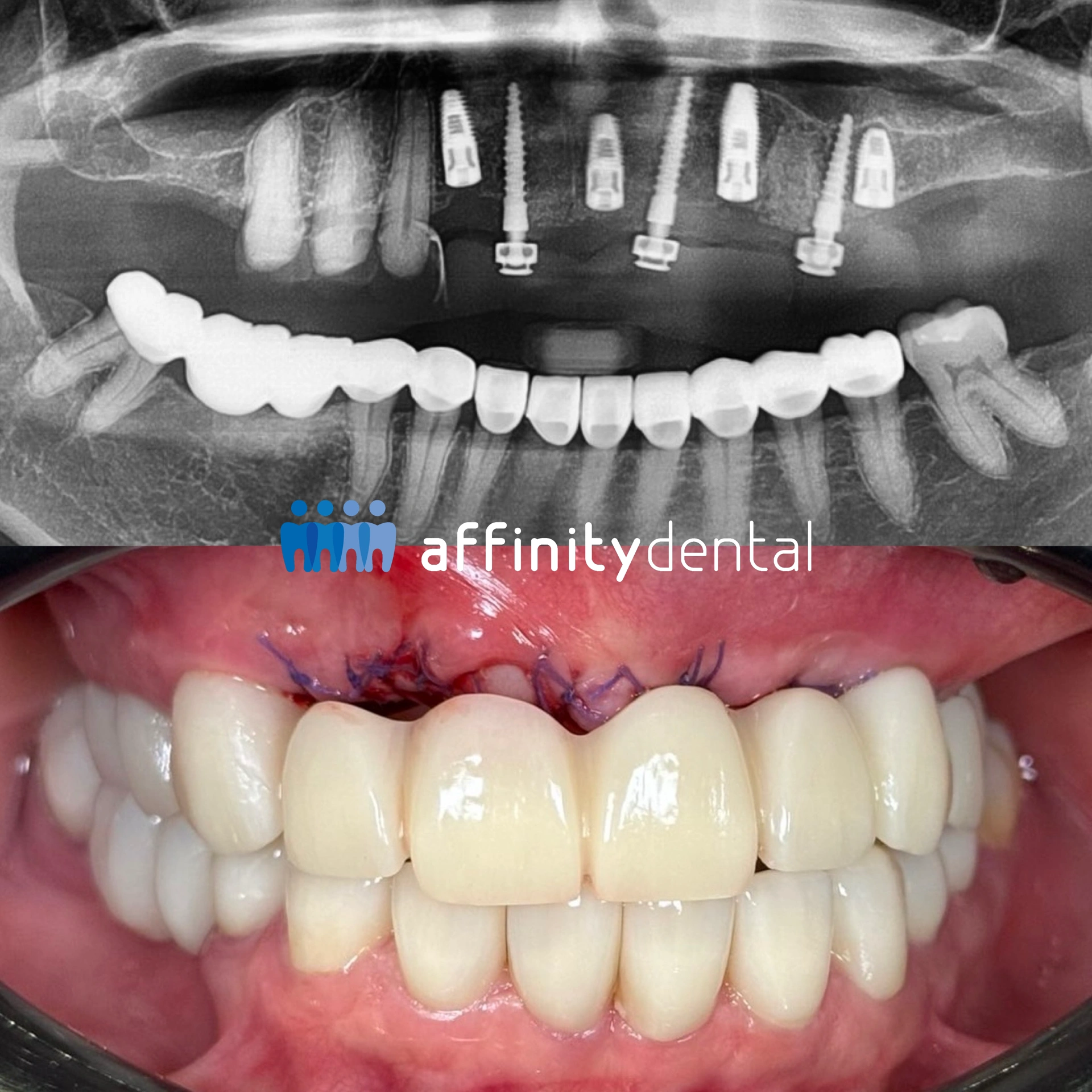
Case Example: Minis Used the Right Way
At Affinity Dental Clinics, we emphasize using mini implants only where they truly make sense. One patient illustrates this approach.
The Situation
A patient came to us completely edentulous in the upper arch, with significant bone loss. The treatment plan was to place four conventional implants for a fixed Zirconia bridge.
But while the implants were healing, the patient was worried about wearing a loose, unstable denture.
The Solution
Our oral surgeon placed three mini dental implants in addition to the four conventional ones. These minis were never meant as permanent replacements. Instead, they anchored an immediate temporary PMMA bridge that gave the patient comfort and function during the healing phase.
The Outcome
Once the conventional implants had integrated, the minis were removed, and the patient transitioned to a long-lasting Zirconia restoration.
This case highlights the right role of minis: as transitional support, not as substitutes for conventional implants.
Affinity Dental’s Approach to Mini Dental Implants
At Affinity Dental Clinics, our guiding principle is simple: we do what is best for the patient, not what is easiest to sell.
-
- We use CBCT scans and digital diagnostics to evaluate each case thoroughly.
-
- We explain all options—mini vs dental implants—so patients can make informed decisions.
-
- We use minis only when indicated, never as shortcuts or permanent replacements.
-
- We integrate them responsibly, often as temporary solutions or denture stabilizers.
This patient-first approach has guided us since 2008, and it ensures that every implant—whether mini or conventional—serves its rightful purpose.
Redeeming the Reputation of Mini Dental Implants
Mini dental implants do not deserve the poor reputation they gained from misuse in the past. Instead, they deserve a fair reevaluation—one grounded in honesty, science, and ethical practice.
When presented for what they truly are—a supportive option, not a substitute—they can still provide patients with comfort, confidence, and dignity in carefully selected cases.
At Affinity Dental Clinics, we believe in restoring both smiles and trust. By using mini dental implants responsibly, we are redeeming not only their reputation but also the faith patients place in modern dentistry.
Conclusion
The debate of Mini Dental Implants vs Dental Implants is not about choosing one over the other. It is about recognizing that both have their place—standard implants for long-term, permanent restorations, and minis as transitional or supportive tools.
Patients should be wary of clinics that promise minis as a cheap permanent solution. Instead, they should seek ethical, transparent providers who put patient welfare first.
At Affinity Dental Clinics, our promise is clear: whether mini or conventional, we will only recommend what truly benefits you for the long term. That is how we continue to uphold our legacy of trust, integrity, and excellence in dental care.
Schedule a Consultation at Affinity Dental Clinics
If you are considering dental implants, it’s important to understand the difference between Mini Dental Implants vs Dental Implants and how each option applies to your case. At Affinity Dental Clinics, our specialists will give you an honest, thorough assessment—never overselling, but guiding you toward the solution that truly benefits your long-term oral health.
With branches in Makati, BGC, Alabang, Ortigas, Parañaque, and Cebu, we are ready to help you restore your smile with safety, comfort, and integrity.
Book an Appointment today and let us help you take the first step toward a confident, lasting smile.

